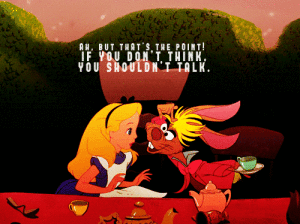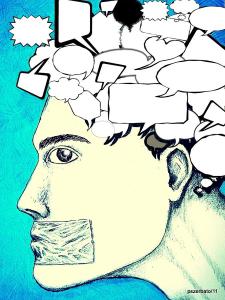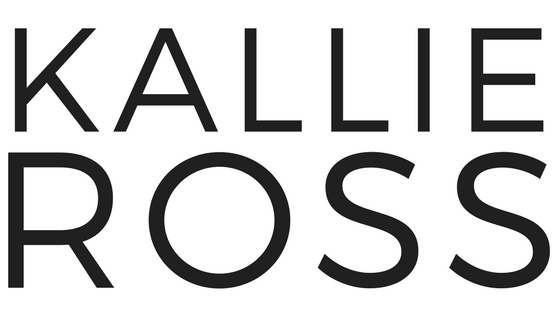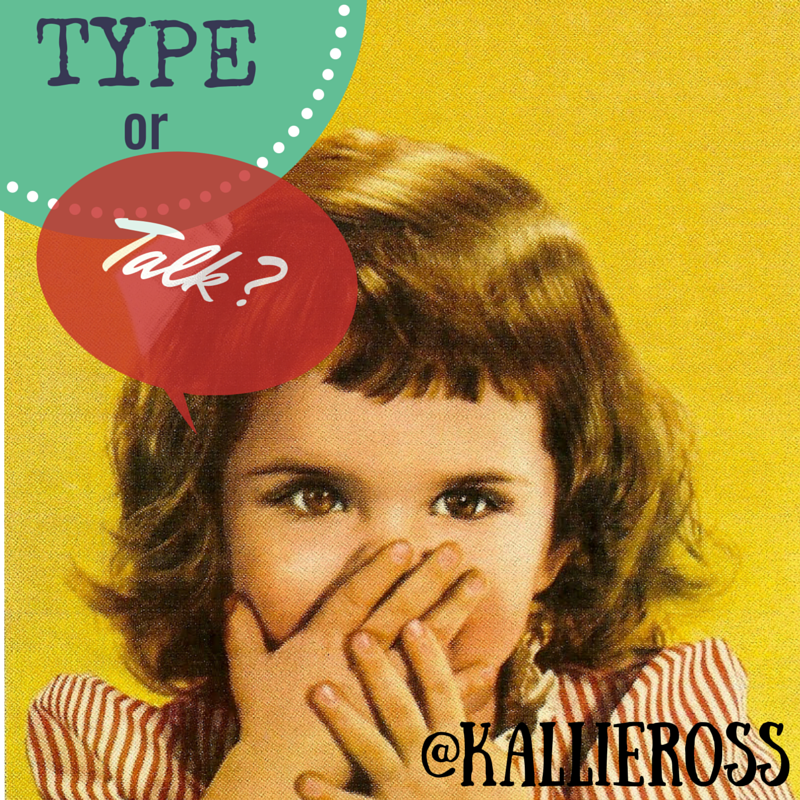Talk or type? Type or talk?
 Today, I’m recording a blog post through Dragon Dictation. The grammar can be pesky. And, I feel completely out of my comfort zone. The reason I decided to try the software, is because I love my technology and I love a good challenge.
Today, I’m recording a blog post through Dragon Dictation. The grammar can be pesky. And, I feel completely out of my comfort zone. The reason I decided to try the software, is because I love my technology and I love a good challenge.
So far, so good.
Personally, I find hand writing to be a motivating and thought-provoking exercise. I love the feel of a sharpened pencil brushing across a clean sheet of white, crisp paper. The time it takes for my thoughts to find their way to my fingertips is a filter that promises clearer storytelling. Now, because hand writing is not the subject of my post, nor considered a productive way to catalog the ups and downs, and ins and outs of my characters’ tales let’s discuss typing and dictating your novel.
Type
Typing is the process I use most regularly. Thinking through what happens next, then pressing the keys accordingly can have a similar effect to handwriting. It’s not quite the same, and it could be due to a lack of experience. I’d like to suggest that it has more to do with the type of learner I am, and less to do with how quickly I can relay my thoughts. Some of the benefits of typing are control, ease of editing, and the ability to organize thoughts.
I’m a tangible learner, and that means I like to engage the sense of touch in my work. Others, who are visual learners, probably find typing very comfortable. Seeing their words fill the computer screen is rewarding and motivating. For me, typing my story instead of hand writing it leaves me feeling like there’s something missing. One thing that helps is music. Engaging my thoughts in more than one way adds to the experience of typing.
While trying to voice each sentence, I have a less control dictating this post. Everything I say Is typed out, and if I’m not careful I’ll miss a,. (See what I did there?) Learning the jargon for your dictation software can be time-consuming, and feel very awkward while transcribing. Typing offers more control, but if you’re not good at grammar or spelling it really doesn’t matter.
If you’re a writer, you have or will edit at some point. Obviously, typing is an easy way to jump into your manuscript and make corrections. To share a little secret of mine, I actually print my manuscript and then edit it by hand. It may seem like a lengthier process, but like I said I’m a tangible learner. The three editors I’ve worked with have all used a method of typing to edit for me. I can’t see a successful way of transcribing edits, but if you think of something clever please leave your idea in the comments below.
 Thoughts can be overwhelming and chaotic when working on a new story idea. A major benefit of typing is that you can organize your thoughts in documents or files. There are several kinds of software and apps that can help you manage all of your jumbled notions. I love to use Evernote to keep track of all of my story ideas. Revisiting those ideas, I can also add notes weeks or months later. Once I’ve decided to move forward with the story, I create a document in Scrivener. The Scrivener software not only contains a template, but I can also create chapters, outlines, character bios, and setting descriptions. The process of organizing my thoughts definitely takes a lot of typing.
Thoughts can be overwhelming and chaotic when working on a new story idea. A major benefit of typing is that you can organize your thoughts in documents or files. There are several kinds of software and apps that can help you manage all of your jumbled notions. I love to use Evernote to keep track of all of my story ideas. Revisiting those ideas, I can also add notes weeks or months later. Once I’ve decided to move forward with the story, I create a document in Scrivener. The Scrivener software not only contains a template, but I can also create chapters, outlines, character bios, and setting descriptions. The process of organizing my thoughts definitely takes a lot of typing.
Talk
Talking is something I feel confident I’m good at. Whether it’s a conversation with my kids, a discussion about a book, or a lecture over literature in the 17th century I know talking should be listed on my resume next to ‘Proficient At’. Most of us ladies claim the gift of gab, in the name of Jesus. To be honest, the more I dictate this post the more comfortable and quick I become. Since I tend to engage a filter somehow while writing, saying everything I think doesn’t feel accurate. That may sound odd, but I feel through hand writing and typing I’m able to self edit in the process. Storytelling verbally can be messy like a bowl full of alphabet soup, that is, unless you know your story and characters backward and forward. A few benefits of dictating your story are writing believable dialogue, quickness (once you’re really comfortable and confident), and no typing.
 Creating characters that speak to the reader as clearly as they speak to each other can be a struggle. Being able to talk through the conversations in your character’s head, as well as the arguments they have with their parents in the dialogue can help connect the reader because it sounds realistic. If you were to read some of your manuscript out loud and it sound robotic or like nothing a real person would say, then transcribing your characters’ conversations could bring life and energy to your scenes.
Creating characters that speak to the reader as clearly as they speak to each other can be a struggle. Being able to talk through the conversations in your character’s head, as well as the arguments they have with their parents in the dialogue can help connect the reader because it sounds realistic. If you were to read some of your manuscript out loud and it sound robotic or like nothing a real person would say, then transcribing your characters’ conversations could bring life and energy to your scenes.
I would love to double my word count every day, but my fingers will only type so fast. Rambling on could lead to a lengthy post, as well as a post you’d get bored with. [Enter children from school, so I start typing.] When using dictation to capture your story, you’d be surprised at how many words you can get on the page. (FYI, I recorded over 800 words in 30 minutes! Say what!?!?!) But, you might end up with more useless words if you try and transcribe with a full house. I’m finding that it’s only handy in a quiet space that I won’t get embarrassed talking out loud in.
So, I have a deep rooted fear that I’ll get older and have arthritis or some disease that keeps my thumbs from being able to text. Secretly I’m hoping for a telekinesis device to be invented so everything I think is transcribed… It would be entertaining, and maybe a little dangerous! Dictation allows for less typing, even with the edits and revising involved, and for those of you that are currently icing your knuckles this is a good thing.
To conclude my thoughts on the question at hand, I think both of these tools are useful and together they could join forces on my belt of writerly weapons, making me a super hero of sorts. I’m up for anything that will improve my skill and increase my word count. Type AND Talk, it is!

